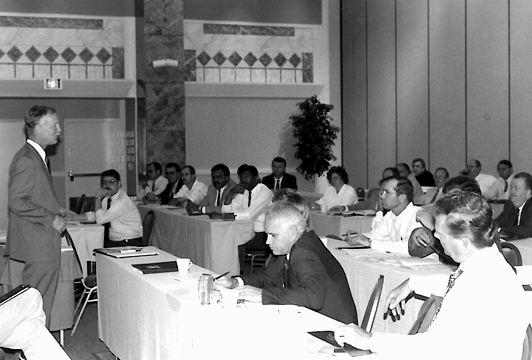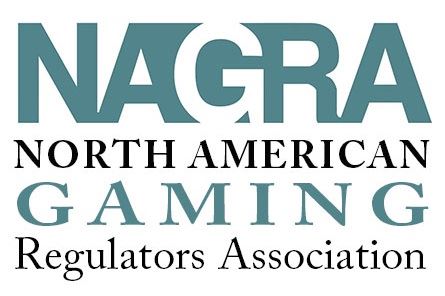- Home
- About NAGRA
.png)
History of NAGRA

Established in 1984, The North American Gaming Regulators Association (NAGRA) is comprised of federal, state, local, tribal, and provincial government agencies who are responsible primarily for the regulation of legalized gaming activities.
Typical games include bingo, pull-tabs, lotteries, raffles, and non-profit Las Vegas or Casino nights used by nonprofit organizations for fund raising purposes.
NAGRA has also responded to the increased growth in gaming by expanding its scope to include regulatory concerns involving Sports Wagering, iGaming, Indian gaming, riverboat gaming, casino and igaming, pari-mutuel wagering, safer gambling and other activities which are of interest to its member agencies.
Vision & Goals
What are NAGRA's goals?
NAGRA brings together agencies that regulate gaming activities and provides them a forum for the mutual exchange of regulatory information and techniques. Collecting and disseminating regulatory and enforcement information, procedures, and experiences from all jurisdictions provides on-going gaming education and training for all members.
NAGRA provides a unified voice to speak on legislative matters and strives to develop a standard for legislation and rules concerning gaming activities.
How does NAGRA achieve these goals?
NAGRA currently hosts an annual conference, quarterly webinars, interest group meetings and provides access to members only discussion forums. Conferences include Interest Group Roundtable sessions where each member is given the opportunity to report on gaming experiences, judicial decisions, legislative changes, and any other gaming related matters that have recently occurred in member jurisdictions.


